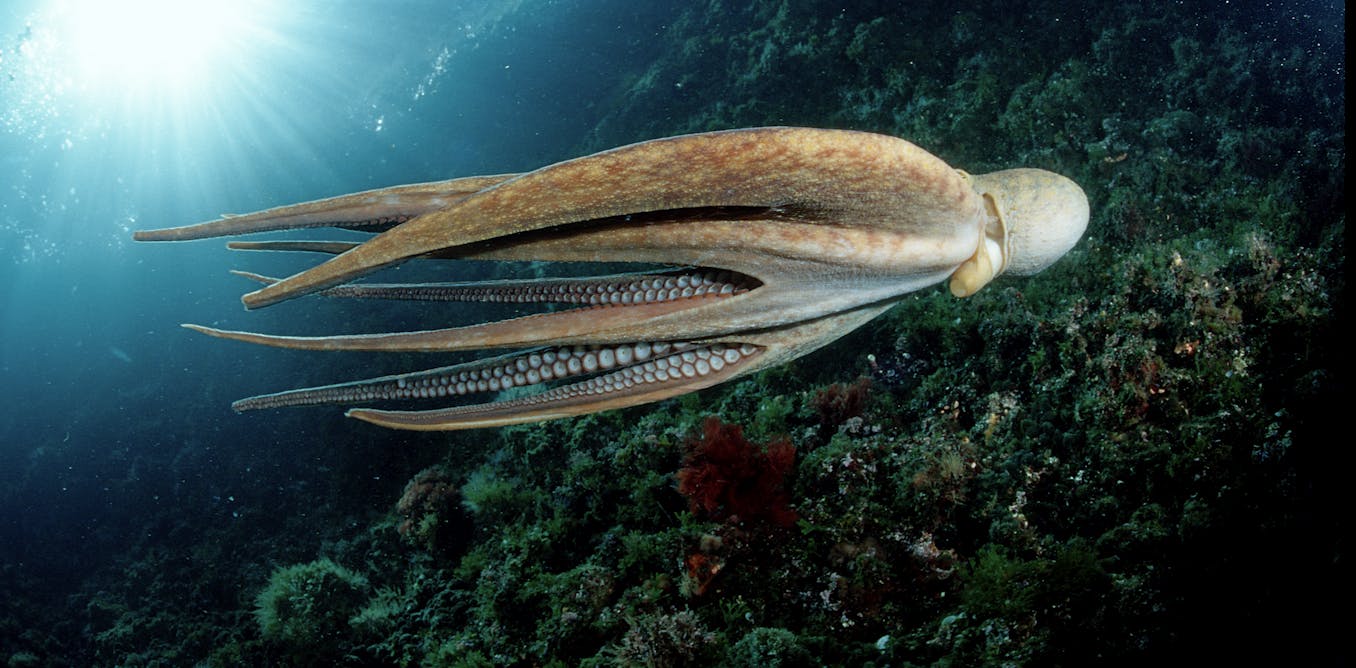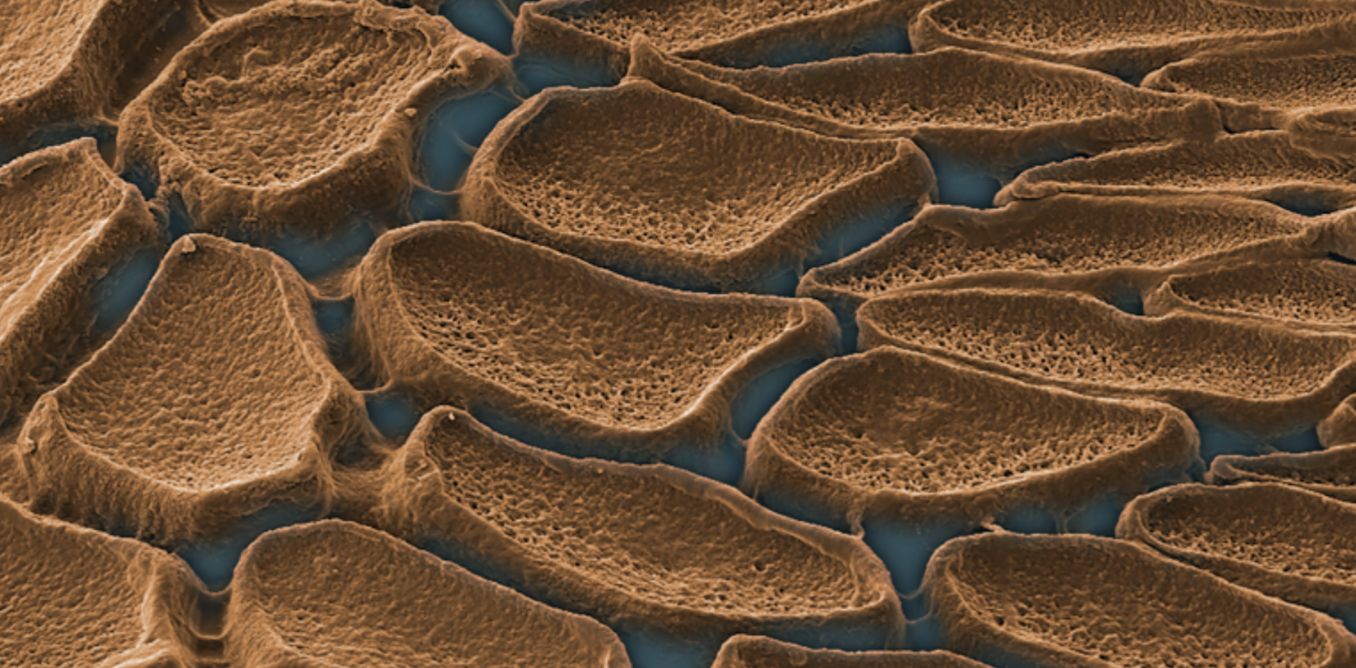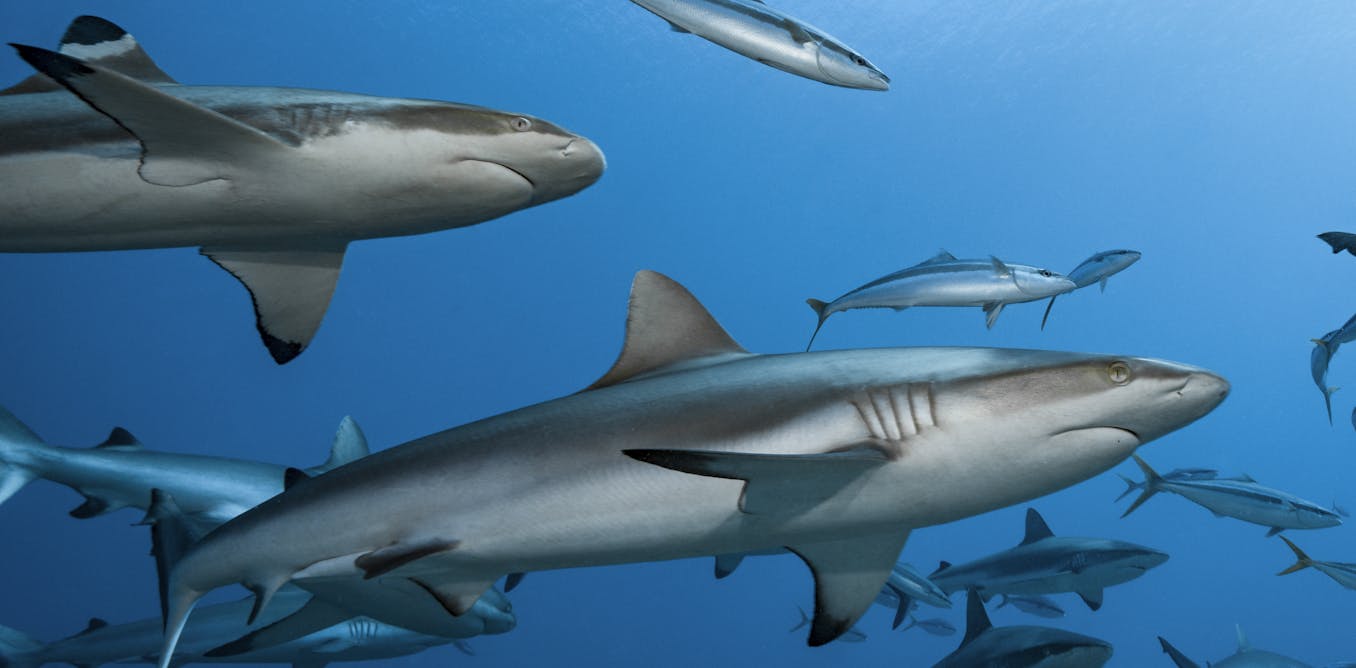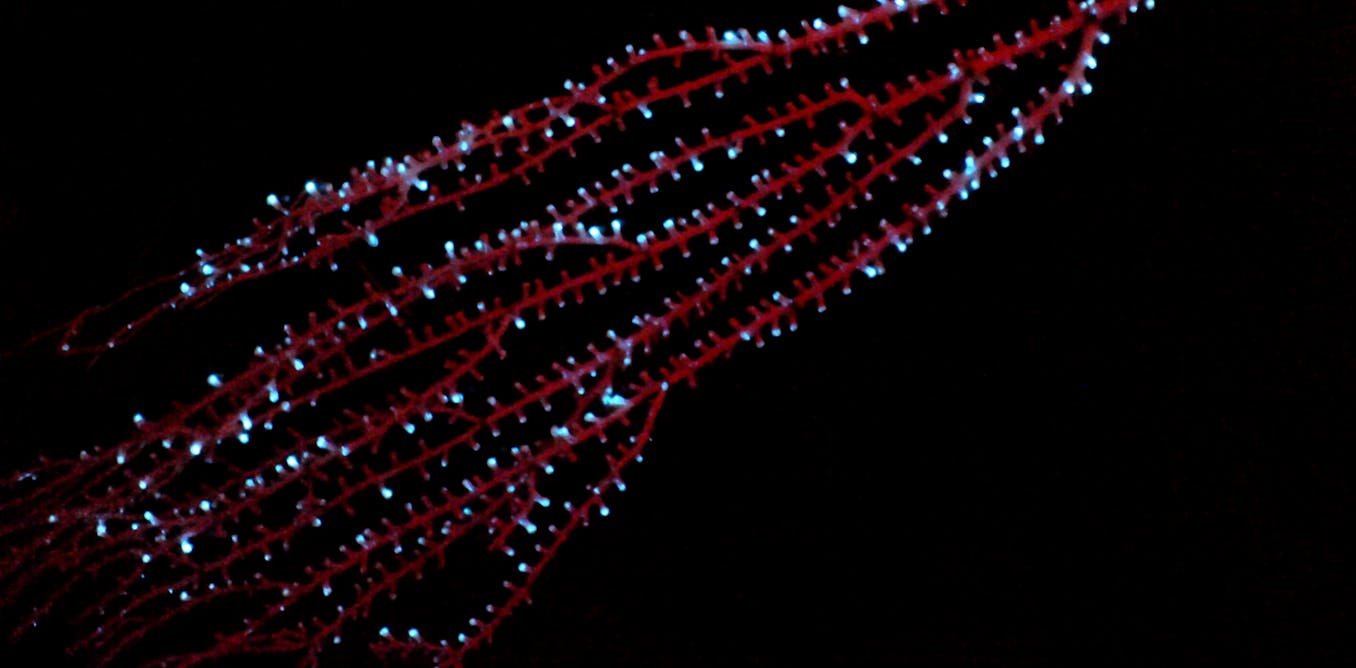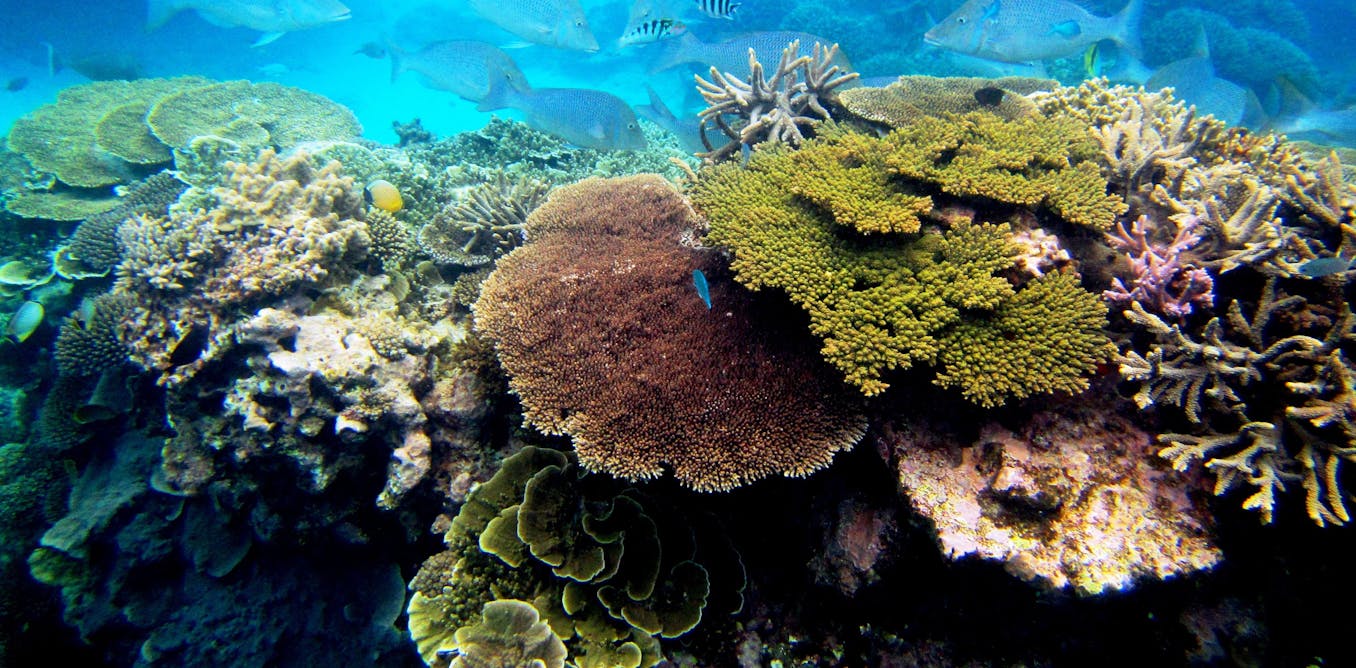Miami researchers are testing a textured seawall designed to hold back water and create a home for marine organisms
BIOCAP tiles reimagine seawalls as dynamic, ecologically active systems that have the potential to enhance coastal resilience.
April 16, 2025 • ~7 min


